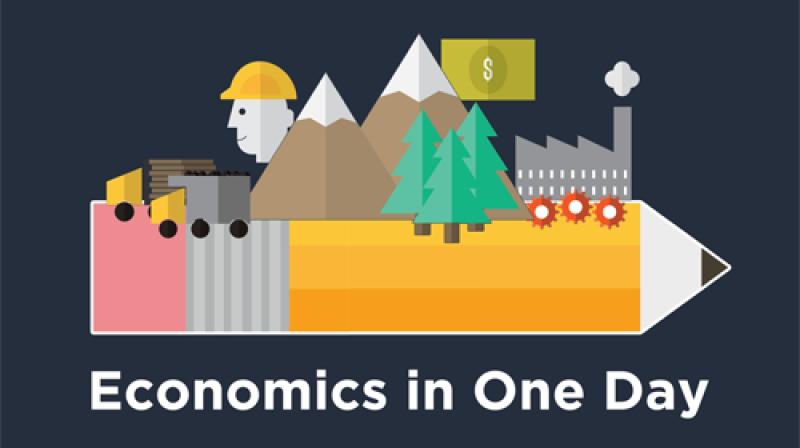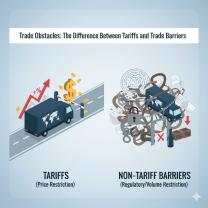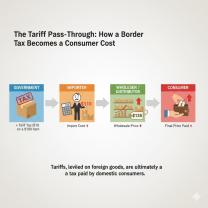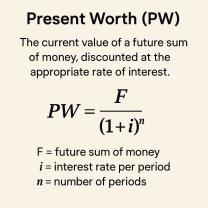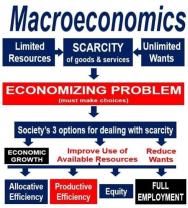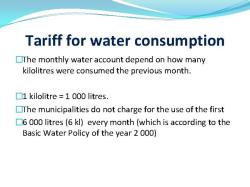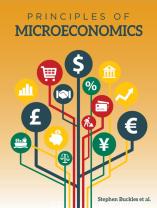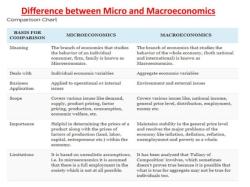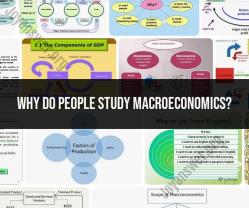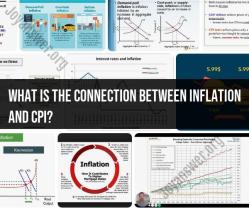What are economic courses?
Economic courses are academic offerings that cover a wide range of topics within the field of economics. These courses are designed to provide students with a thorough understanding of economic theories, principles, methodologies, and applications. Economic courses are offered at various levels of education, from introductory courses at the undergraduate level to more advanced and specialized courses at the graduate and postgraduate levels. Here are some key aspects of economic courses:
Introduction to Economics:
- Introductory economic courses provide students with a foundational understanding of basic economic concepts. Topics often include supply and demand, market structures, economic systems, and fundamental principles of microeconomics and macroeconomics.
Microeconomics:
- Microeconomics courses focus on the behavior of individual economic agents, such as consumers, firms, and industries. Topics covered may include market structures, pricing, production, consumer behavior, and resource allocation.
Macroeconomics:
- Macroeconomics courses examine the economy as a whole, addressing topics such as aggregate output, unemployment, inflation, fiscal policy, monetary policy, and international trade. Macroeconomic principles help students understand the broader economic environment.
Econometrics:
- Econometrics courses introduce students to statistical methods used in economic analysis. This includes regression analysis, hypothesis testing, and the application of statistical tools to analyze economic data and test economic theories.
International Economics:
- Courses in international economics explore topics related to global trade, exchange rates, balance of payments, and international economic policy. Students learn about the impact of globalization on economies and international economic relations.
Labor Economics:
- Labor economics courses focus on the study of the labor market, including topics such as wage determination, employment, unemployment, human capital, and labor market policies.
Development Economics:
- Development economics courses explore issues related to economic development, poverty, inequality, and the challenges faced by developing countries. Students study theories and policies aimed at promoting sustainable development.
Financial Economics:
- Financial economics courses delve into the study of financial markets, investment strategies, risk management, and the interaction between financial institutions. This area of study is particularly relevant for those interested in finance and investments.
Public Economics:
- Public economics courses cover the role of government in the economy, public finance, taxation, public goods, and the evaluation of public policies. Students examine the economic implications of government interventions.
Game Theory and Behavioral Economics:
- Advanced courses may cover topics such as game theory, behavioral economics, and experimental economics. These areas explore decision-making, strategic interactions, and psychological factors influencing economic behavior.
Economic courses can vary in content and level of difficulty based on the academic institution and the specific program. These courses are essential for students pursuing degrees in economics, business, finance, public policy, and related fields. They provide a solid foundation for understanding economic systems, making informed decisions, and analyzing economic issues in various contexts.
Diving into Economics: A Guide to Topics, Variations, and Opportunities
The study of economics unlocks the fascinating world of how societies allocate resources and make decisions. Let's explore the fundamental topics, diverse areas of focus, and exciting career paths that await you:
1. Fundamental Topics:
- Microeconomics: Examines individual decision-making in markets, analyzing supply and demand, market structures, and consumer behavior.
- Macroeconomics: Focuses on the aggregate economy, studying national output, unemployment, inflation, economic growth, and government policies.
- Econometrics: Applies statistical methods to analyze economic data, testing theories and informing policy decisions.
- Game Theory: Analyzes strategic interactions between individuals or groups, modeling competition, cooperation, and negotiation.
- History of Economic Thought: Explores the evolution of economic ideas and schools of thought, providing historical context to contemporary theories.
2. Focus and Depth:
Economics courses vary in breadth and specialization:
- Introductory courses: Provide a broad overview of core concepts, suitable for beginners.
- Intermediate courses: Deepen understanding of key topics within microeconomics or macroeconomics.
- Advanced courses: Offer in-depth exploration of specific areas like financial economics, development economics, or behavioral economics.
3. Career Prospects:
Economics equips you with valuable skills and knowledge for diverse careers:
- Finance and Banking: Analyze financial markets, develop investment strategies, and manage risk.
- Business and Consulting: Understand market trends, conduct economic analyses, and advise businesses on strategic decisions.
- Government and Public Policy: Evaluate policy options, design economic interventions, and contribute to social welfare.
- Research and Academia: Conduct economic research, analyze data, and contribute to the development of economic theory.
- International Development: Analyze economic growth in developing countries, design assistance programs, and promote sustainable development.
4. Different Types of Courses:
Beyond fundamental topics, economics offers a rich tapestry of specialized courses:
- Behavioral Economics: Explores the psychological and social factors influencing economic decision-making.
- Environmental Economics: Analyzes the relationship between economic activity and the environment, exploring sustainable development strategies.
- Labor Economics: Investigates wages, employment, and the functioning of labor markets.
- Development Economics: Studies economic growth and challenges faced by developing countries.
- International Economics: Analyzes international trade, finance, and global economic integration.
5. Understanding Global Markets:
Economic courses equip you with tools to understand:
- Interconnectedness of global economies: How trade, investment, and financial flows impact different countries.
- Impacts of international events: Analyze the economic consequences of political developments, trade wars, or global pandemics.
- Policy responses to global challenges: Evaluate the effectiveness of international cooperation and agreements in addressing issues like climate change or economic inequality.
By studying economics, you gain not only valuable knowledge and skills, but also a critical lens to navigate the complexities of the modern world. You'll be better equipped to understand individual choices, national trends, and global forces shaping our economic landscape.
I hope this overview inspires you to explore the fascinating world of economics!
